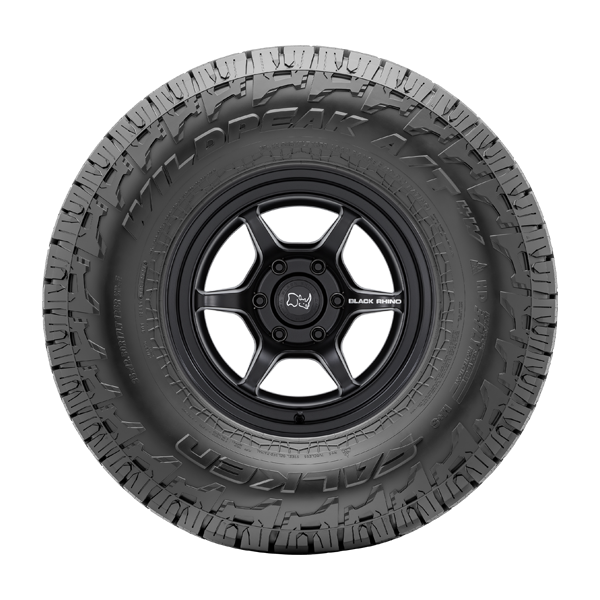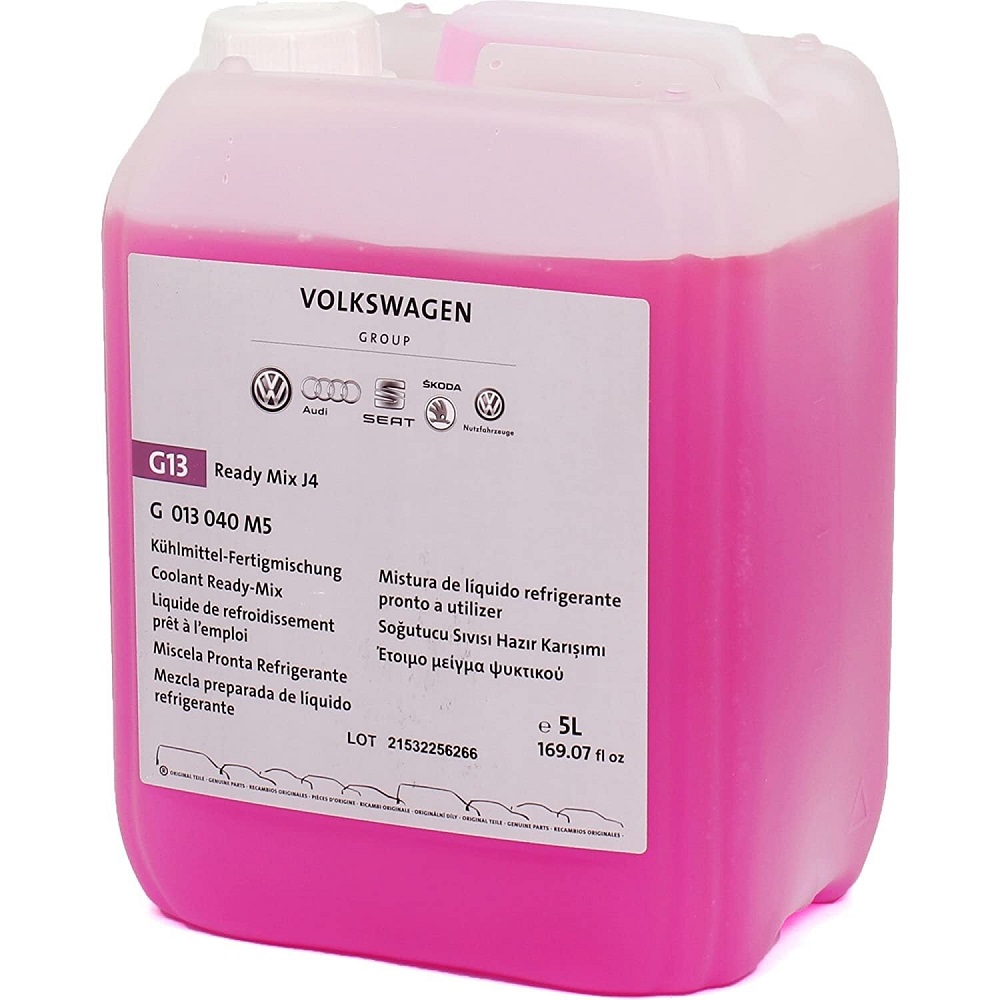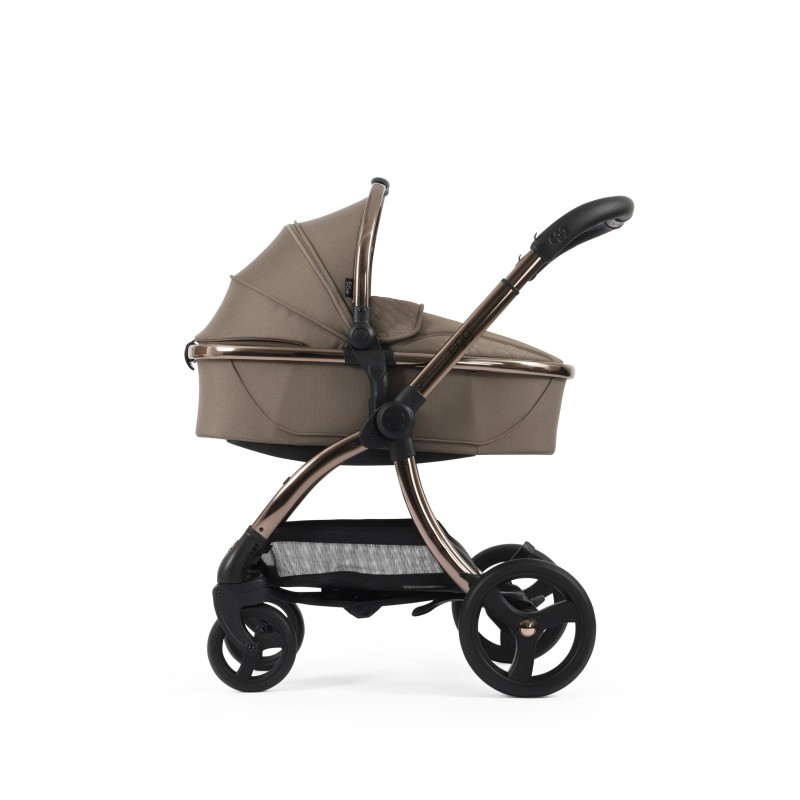The Importance of Car Seats for Child Safety
Car seats save young lives. In the U.S., they are the top way to prevent harm to children in cars. A properly fitted car seat keeps a child secure during rides. Car crashes pose a high risk to kids aged 3 to 14. Car seats reduce the danger of death in these crashes. All babies must leave the hospital in a safe infant seat. As kids grow, seats must grow with them. Safety is the main aim of car seats.
Cost should not stop safety. Car seats come in a price range to fit all budgets. They all follow strict safety rules. But, the cost adds up. Children outgrow seats as they get bigger. This means parents must buy new seats often. Free car seat programs exist to help. They provide safety for all families, no matter their income. This guide will show you how to get a free car seat.
Hospital Programs Offering Car Seats
Hospitals know the importance of safety for newborns. Many hospitals sell car seats at reduced prices. These prices are lower than retail stores. If you can’t afford a car seat, your hospital may help. They can give information on how to get a free car seat. Hospitals must see your baby in a proper car seat before leaving. Your OB/GYN may also offer resources. They understand the stress of buying a car seat for your baby.
Talk to your hospital staff. Ask about car seat programs. They may have sale events or know of local programs. Checking with hospital resources is a smart first step. They aim to keep babies safe from their first car ride home. Make sure to ask about both affordability and safety.
Organizations Providing Free Car Seats and Safety Equipment
Finding reliable sources for free car safety equipment can ease a family’s financial strain significantly. A variety of organizations offer free car seats and safety gear for children. These groups focus on child safety and often provide educational resources as well.
Safe Kids Coalition
The Safe Kids Coalition emphasizes child safety through education and equipment distribution. They host workshops and give out car seats among other safety devices. To connect with them, visit their website and find your local chapter. They even list inspection stations where experts can ensure your car seat is installed correctly.
Dial 2-1-1
The United Way’s 2-1-1 service helps families in need. Just dial 2-1-1 to get connected with resources in your area, which may include access to free car seats.
Programs Across the 50 States
Many states have programs offering free car seats for low-income families. These include government initiatives, charities, and church programs. Check with local community resources to find out what’s available in your area.
Ohio Buckle up for Life
This initiative, funded by Toyota, assists Ohioans with free car seats. Their website also offers car seat safety videos to ensure proper installation.
Minnesota Everyday Miracles
Based in Minneapolis, this organization helps low-income families with essentials like car seats. You’ll need to fill out a request form to get assistance.
Safety should not be a privilege but a right for every child. Utilizing these organizations can help ensure that your child travels safely without burdening your finances. Always remember to reach out and take advantage of these vital resources.
Government Assistance Programs for Obtaining Car Seats
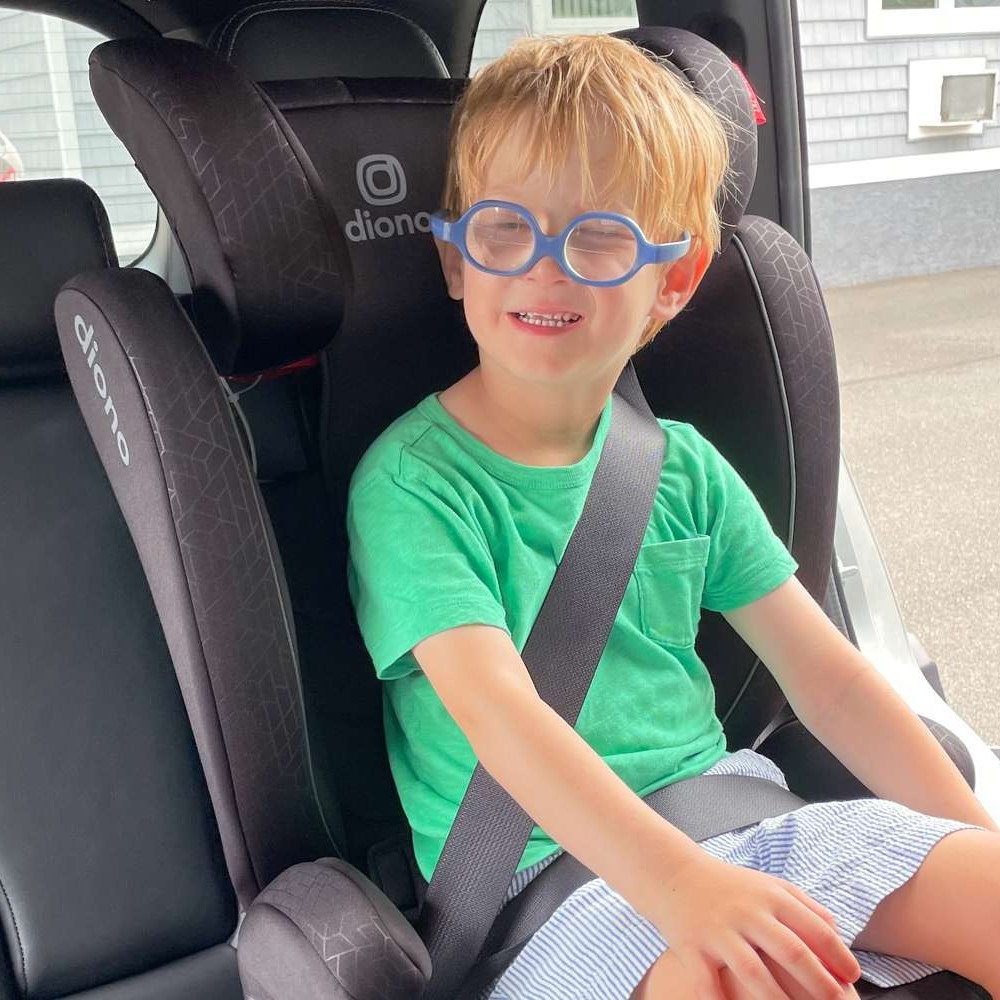
Government programs can aid in securing car seats for families in need. These programs are designed to ensure that all children have access to safe car travel. Medicaid and the Women, Infants, and Children (WIC) program stand out as primary sources for assistance.
Medicaid
If you have Medicaid coverage, you may qualify for a free car seat. Medicaid often partners with safety initiatives to offer education and proper car seats. Contact your local Medicaid office for details on eligibility and how to apply. Be aware that attending a car seat safety class may be part of the process.
Women, Infants, and Children (WIC)
Families enrolled in WIC can also access car seat programs. Besides nutritional support, WIC often provides help with car seats. Get in touch with your WIC representative to explore this option. They might offer vouchers or direct you to giveaway events.
Police and Fire Departments
First responders know the importance of car seat safety. Many police and fire departments run their own car seat programs. They can also educate you on proper installation. Ask your local departments about any free car seat services they offer.
Social Service Agencies
Local social service agencies often know about car seat assistance programs. They may guide you to resources or provide car seats directly. These agencies work to meet the needs of their community. It is worth exploring what they have to offer.
Ensuring your child’s safety doesn’t have to be financially overwhelming. Look to these government assistance programs for help. They are in place to keep every child safe on the road, regardless of family income.
Local Community Resources: Health Departments and Churches
Local health departments and churches might be unknown gems for car seat help. These community pillars often have programs that offer free car seats or safety classes. Such initiatives can be key for families managing tight budgets. It’s a simple step: just contact your local health department. Ask about any available car seat programs. They may offer a class on car safety. After completing it, you could receive a car seat at no cost. Remember, they may also help install the seat correctly.
Churches also reach out with support. Many have programs to help families in need, including car seat assistance. Don’t hesitate to ask local churches about such help. They may also provide leads to further valuable resources.
Finding free car seat resources close to home through health departments and churches is effective. It’s all about checking your local options. Each program aims to keep kids safe, regardless of a family’s financial situation. So, take the time to explore these community offerings. Your child’s safety on the road could benefit greatly.
Retailer Trade-In and Recycling Programs
Retailers understand the importance of car seat safety and sustainability. Many offer trade-in and recycling programs to help families. These programs make it easier to afford safe, new car seats. They also keep old seats out of landfills. Two major retailers, Target and Walmart, run such events. Follow the rules to get discounts on new car-related gear.
Target Trade-In Events
Target holds an annual event for recycling car seats. You can bring any brand of car seat to their store. In return, you get a coupon for 20% off a new car seat or baby gear. Target’s program includes seats that are damaged or expired. To join, you must be part of Target Circle. Check their website for event dates.
Walmart’s Car Seat Recycling Program
Walmart also offers a car seat trade-in program. Usually, this event takes place in the fall. When you turn in an old car seat, you receive a $30 Walmart gift card. The process is simple:
- Bring the car seat to a Walmart Supercenter.
- Go to the customer service counter to trade in your seat.
- Get a $30 gift card for each seat you turn in, with a limit per household.
Clek’s Recycling Program
Clek, a car seat manufacturer, has its own recycling initiative. With their program, you buy a recycling kit. The kit includes a shipping bag and prepaid shipping label. Send your old Clek car seat back for a discount on your next purchase. This program has a cost, so check if it fits your budget. Visit Clek’s website for more details.
Trade-in and recycling programs are a win-win. They help you save money and protect the planet. Participate in these programs to update your child’s safety gear responsibly.
What to Avoid: Risks of Used Car Seats
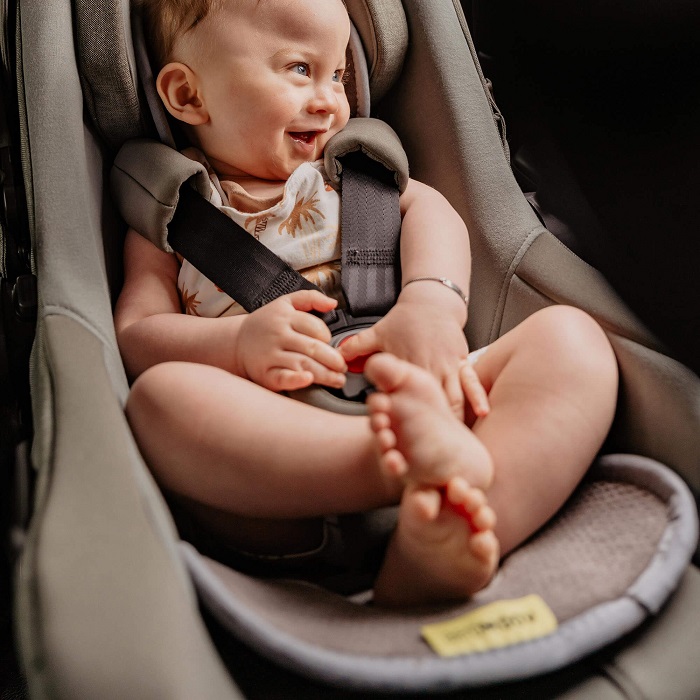
When looking for ways on how to get a free car seat, it’s important to be aware of the dangers associated with used car seats. While it may be tempting to save money by opting for a second-hand option, there are several risks that should not be overlooked.
Firstly, the history of a used car seat is often unknown. If the seat has been involved in a car accident, its structural integrity may be compromised, even if it looks okay on the outside. Additionally, wear and tear from regular use can weaken a seat’s safety features over time, which might not be evident upon first inspection.
Another critical concern is the expiration date of car seats. Yes, car seats do expire. The materials used, such as plastic and metal, can degrade due to temperature fluctuations or stress, reducing the seat’s effectiveness in a crash. Using an expired car seat can put your child at serious risk.
Finally, recall notices are vital for car seat safety. Manufacturers recall products with defects or safety concerns. With a used car seat, you might not have access to this information, leaving your child vulnerable to using a potentially unsafe seat.
In summary, the risks of used car seats include:
- Unknown history (potential past accidents)
- Possible wear and tear
- Expired safety standards
- Missed recall notices
Securing your child’s safety in the car is paramount. Opting for programs that offer new, safe car seats is the best way to ensure your child’s protection while traveling. Make sure you explore resources like hospital programs, government assistance, local community services, and retailer trade-in events to find a free or discounted car seat that guarantees safety and peace of mind.
Applying for Free Car Seats Through Special Initiatives
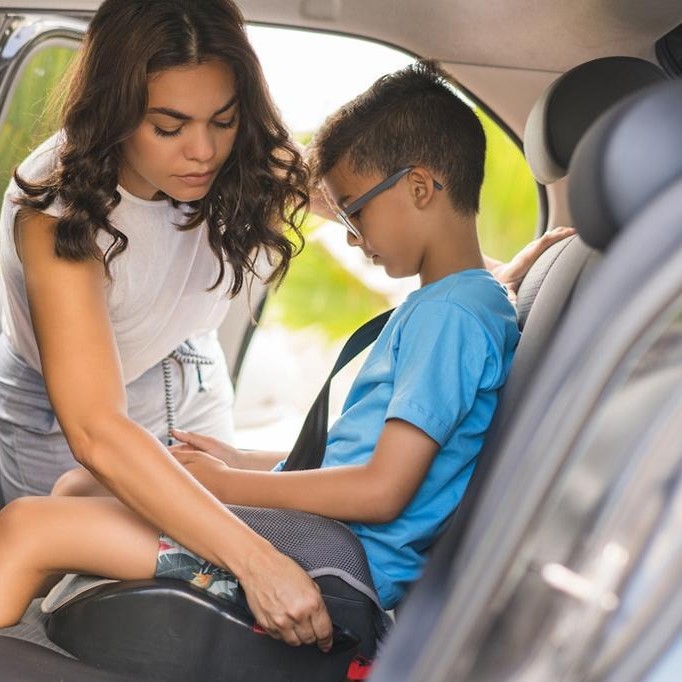
Special initiatives offer extra chances for securing free car seats. Here’s how to apply.
Check for Local Non-Profit Programs
Look for non-profit groups in your area. Many focus on child passenger safety. They may give free car seats to families who need them.
Explore National Campaigns
Some organizations run national programs. These campaigns might offer free car seats across many states. Check their websites for application details.
Participate in Hospital Outreach Events
Hospitals sometimes hold special events. They may provide car seats and teach safety. Ask your local hospital if they have such events planned.
Connect with Social Media Groups
Join parenting groups on social media platforms. Members often share info on free car seat programs.
Contact Childbirth Educators
Childbirth educators may know about car seat giveaways. They can share info on how to get a free car seat.
Remember to ask about any requirements. Some programs may need you to attend a safety class. Others might ask for proof of financial need. Always follow up on leads and apply as soon as possible. Many families are looking for help, so don’t delay.






